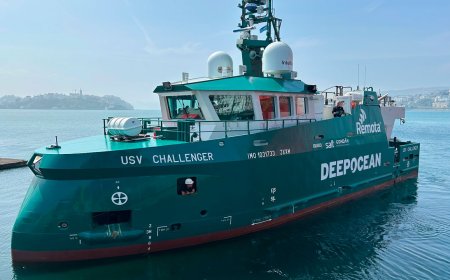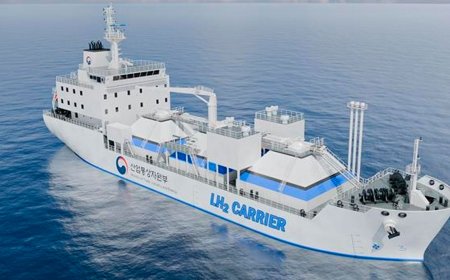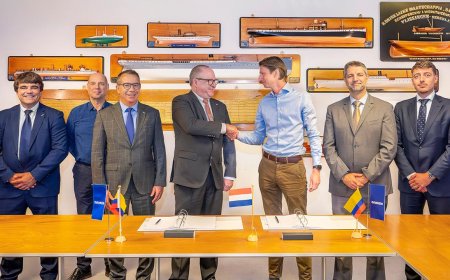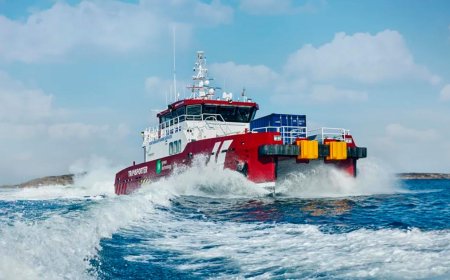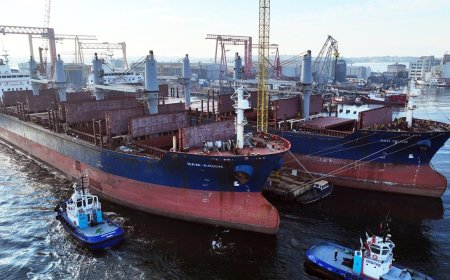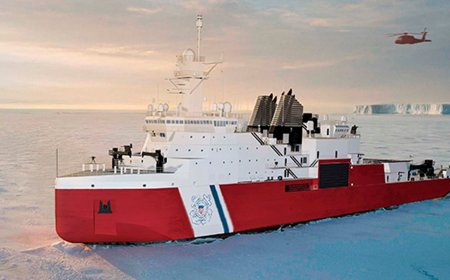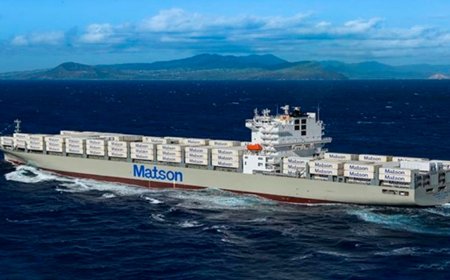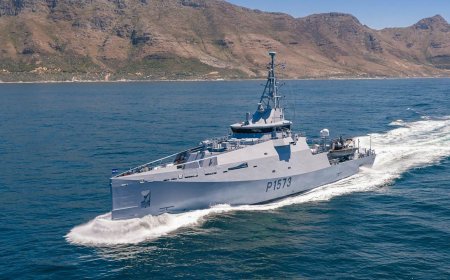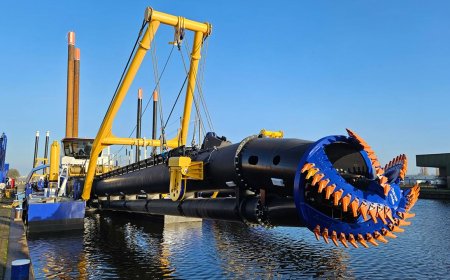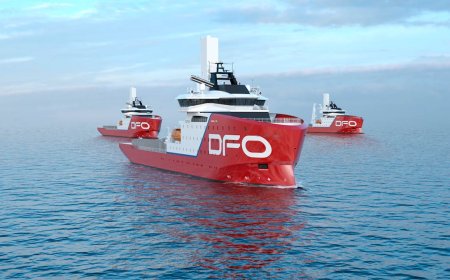Current Direct project seeks to support marine electrification
Current Direct brings together thirteen partners from across Europe’s marine electrification value chain.

Current Direct, a new €12-million research and innovation project funded by the European Commission’s Horizon 2020 program, is proposing an innovative lithium-ion cell optimized for waterborne transport, using novel manufacturing techniques allowing for a consistent cost reduction compared to the current market prices. Additionally, a swappable containerized energy storage system optimized for cost and operation in the waterborne transport industry will be developed.
The overarching aim of the Current Direct project is to develop and demonstrate an innovative interchangeable waterborne transport battery system and Energy-as-a-Service (EaaS) Platform in an operational environment at the Port of Rotterdam at TRL7 that facilitates fast charging of vessels, fleet optimization and novel business models.
The Current Direct project is dedicated to:
- significantly reduce the total cost of waterborne transport batteries;
- cut GHG emissions of the marine transport sector through electrification of vessel fleets;
- increase the energy density of waterborne battery cells; and
- trigger investments for innovation, job and knowledge creation in the European marine transport and battery sector.
By changing the model for acquiring and storing energy aboard vessels, Current Direct seeks to create a new energy economy, adding thousands of new jobs. Current Direct provides a vehicle for energy companies, institutional investors, and government stakeholders to participate in the green transformation of Europe’s merchant and passenger fleet.
Current Direct brings together thirteen partners from across Europe’s marine electrification value chain. The project is led by Spear Power Systems, makers of the world’s lightest, most flexible marine batteries certified to the most stringent international safety standards.
Blackstone Technology is lowering the cost of manufacturing tomorrow’s 3D printed lithium-ion cells using active materials from Umicore. The University of Hasselt will use its electrochemical expertise to develop physics-based models of the Current Direct cells that will help optimize the life and return on investment of battery systems deployed across Europe as part of the Current Direct Energy as a Service platform developed by the accomplished engineers and data scientists at Rhoé Urban Technologies and Aviloo.
Naval architecture and marine engineering company Foreship will lend its expertise to EDP CNET’s in depth knowledge of electrical markets to ensure the Current Direct platform targets optimal vessels and locations maximizing reductions in emissions. VUB’s material science experts are creating low-cost composites to improve the safety of battery packs that are designed for recyclability and feature VITO’s smart cell monitoring electronics.
Wärtsilä will develop modular battery containers and charging infrastructure that will be certified to innovative standards by Lloyd’s Register. The project will culminate in a demonstration of the Current Direct battery, shore charging, and asset management platform by Kotug in Rotterdam.
Vessel operators, ports, shipyards, naval architects, energy companies, certification bodies, regulators, and sustainability focused investors are invited to join the project in a series of virtual workshops to share ideas and learn about how Current Direct can change the way business is done. Contact [email protected] to learn more.
Founded in 2014 by Jeff Kostos, President & CEO, and Dr. Joon Kim, CTO (both who launched Kokam America in 2005), Spear designs and manufactures safe, high performance energy storage systems (ESS) for clients with some of the world’s most demanding industrial and defense applications. Spear’s Trident brand marine batteries offer world class safety that is 30% lighter and 10% smaller than the closest competitor.
Spear takes a chemistry-independent approach towards integrating its in-house, designed, scalable electronics, software, and mechanical systems with the most application-appropriate chemistry in order to maximize the value for its clients.
